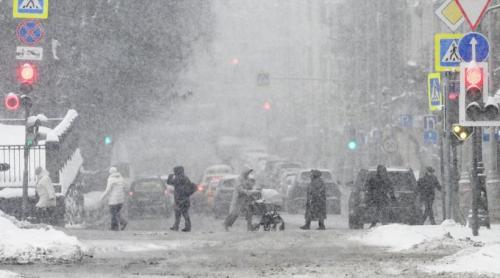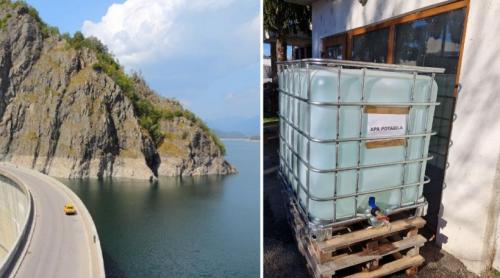
The Association of Banks in Romania asked the Central Bank to issue rules that would prevent people from drafting credits in currencies other than the one they get their main income in.
The Association of Banks in Romania asked the Central Bank to issue rules that would prevent people from drafting credits in currencies other than the one they get their main income in.
This comes on the heel of the Central Bank's decision to ask commercial banks for higher safeguard deposits with the Central Bank.
The proposal is said to protect especially lower income Romanians from the risk of defaulting on their credit payments, when exchange rates turn initial manageable credit rates into unmanageable ones.
“I believe it gets to as simple as that: people should have access to hard currency credits if they can prove they are being paid hard currency salaries,” said Radu Gratian Ghetea, president of the Banks Association.
Adrian Vasilescu, adviser to the National Bank Governor Mugur Isarescu, said Ghetea's proposal is a very serious one, warranting a serious debate. However, he added that “personally I do not believe an official decision will be taken on the matter, given that the European Union trend is to lift all hurdles and make the creditworthiness the only criteria for granting credits.”
By the end of 2007 the retail credits made an aggregate of 71.5 billion lei [roughly 19.8 billion euros], up 82%, from 2006.
The credits denominated in hard currency went up three times faster than those in the national currency, leu. By November 2007, for the first time Romanians owned more credits in hard currencies than in the leu, or 10.3 billion against 9.3 billion euros worth.
The steepest raise was recorded for credits in currencies other than the euro, namely the Swiss francs, which amounted to 1.7 billion euros worth.
The stable exchange rate the leu had against the euro and other hard currencies encouraged people to draft their credits in those currencies, but when the leu dropped against the hard currencies, they were unable to meet the payments.
Over a 12-month period, the number of people defaulting on their credit payments raised from 288,242 in January 2007, to 352,394 in December 2007.
And the aggregate size of the credits they defaulted on doubled over the same period, from 294 million lei to 573 million lei, raising the average size of defaulted credit from 1,019 lei to 1,626 lei per person.
Eighty five percent of defaulted on credits were denominated in lei; still, the hard currency credits defaulted on had the steepest rise, from 8.9 million euros worth at the end of 2006, to 22 million euros worth 12-month later.
















